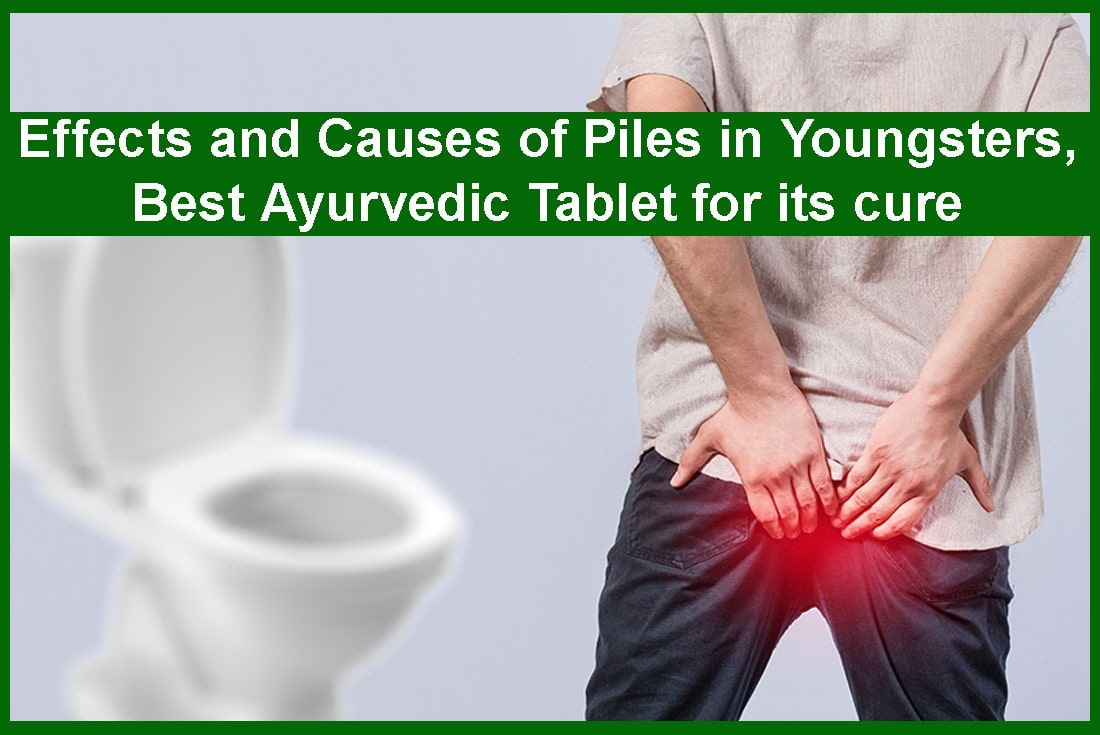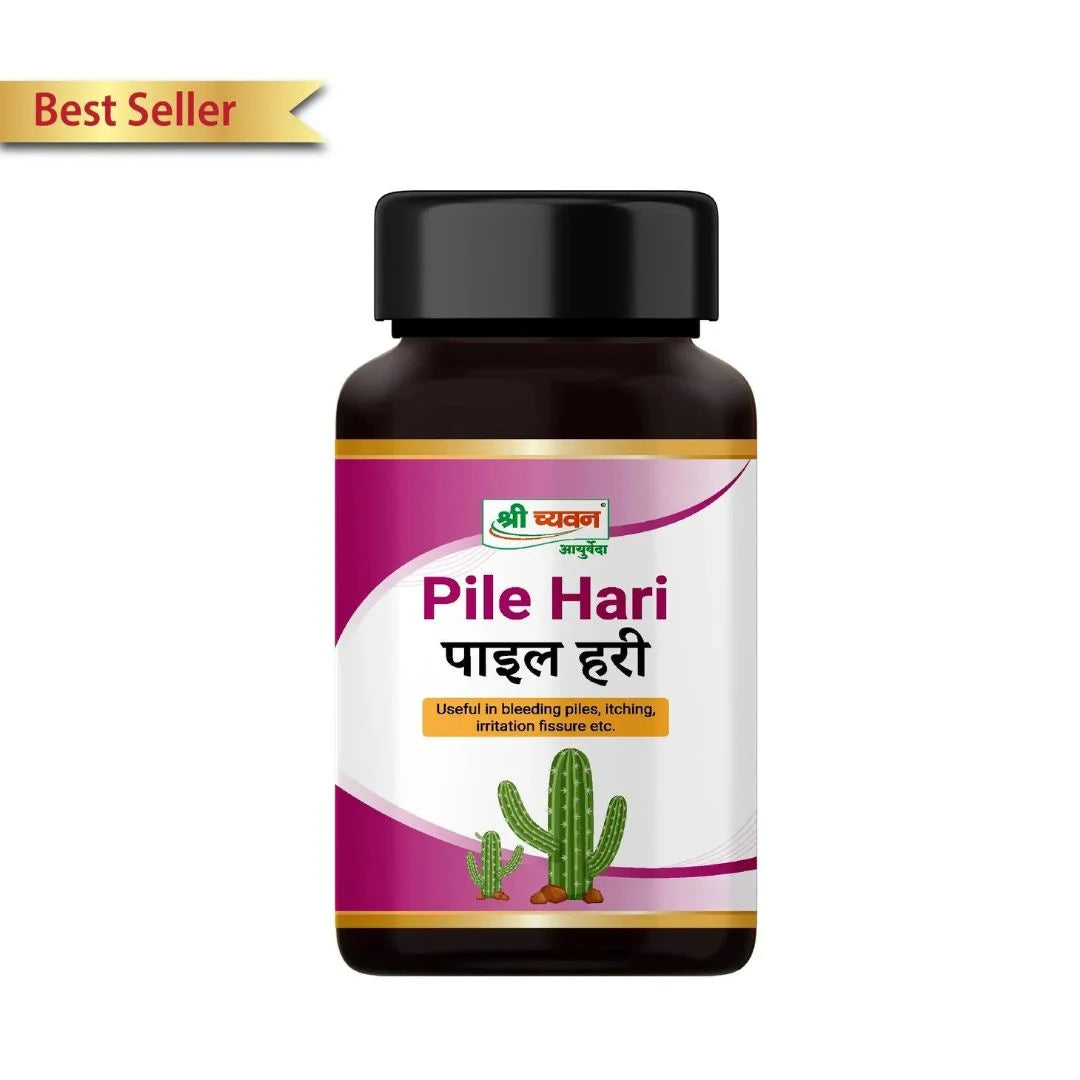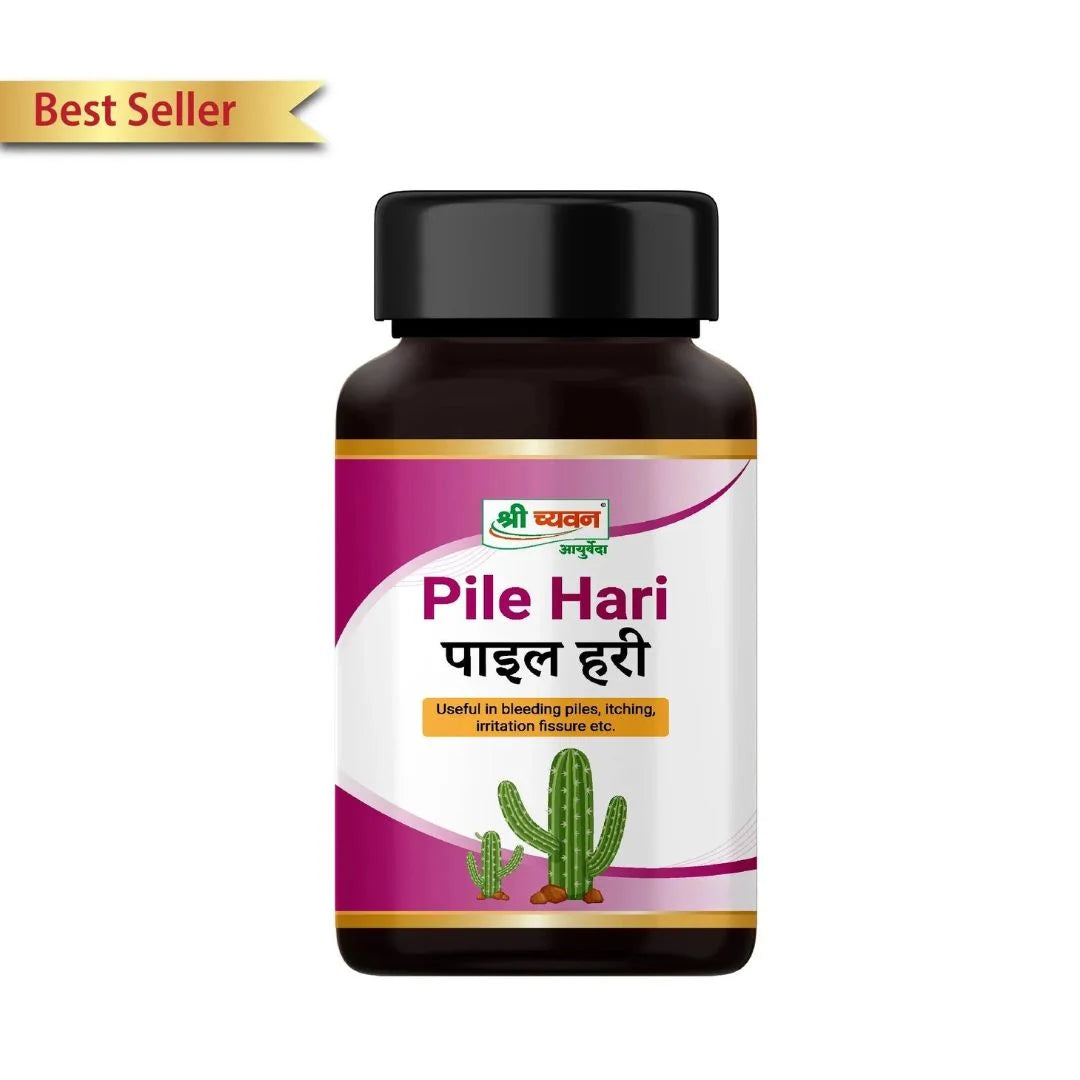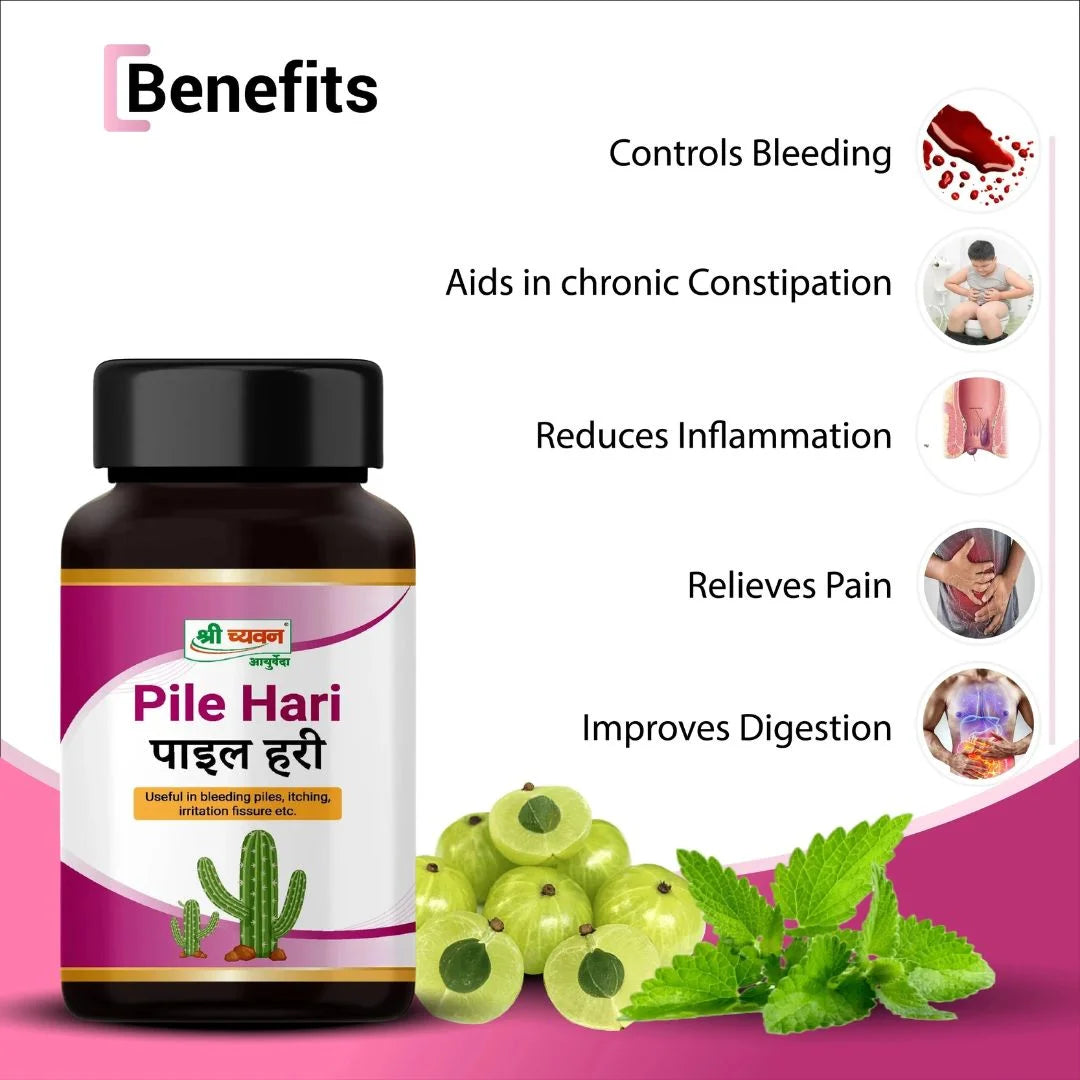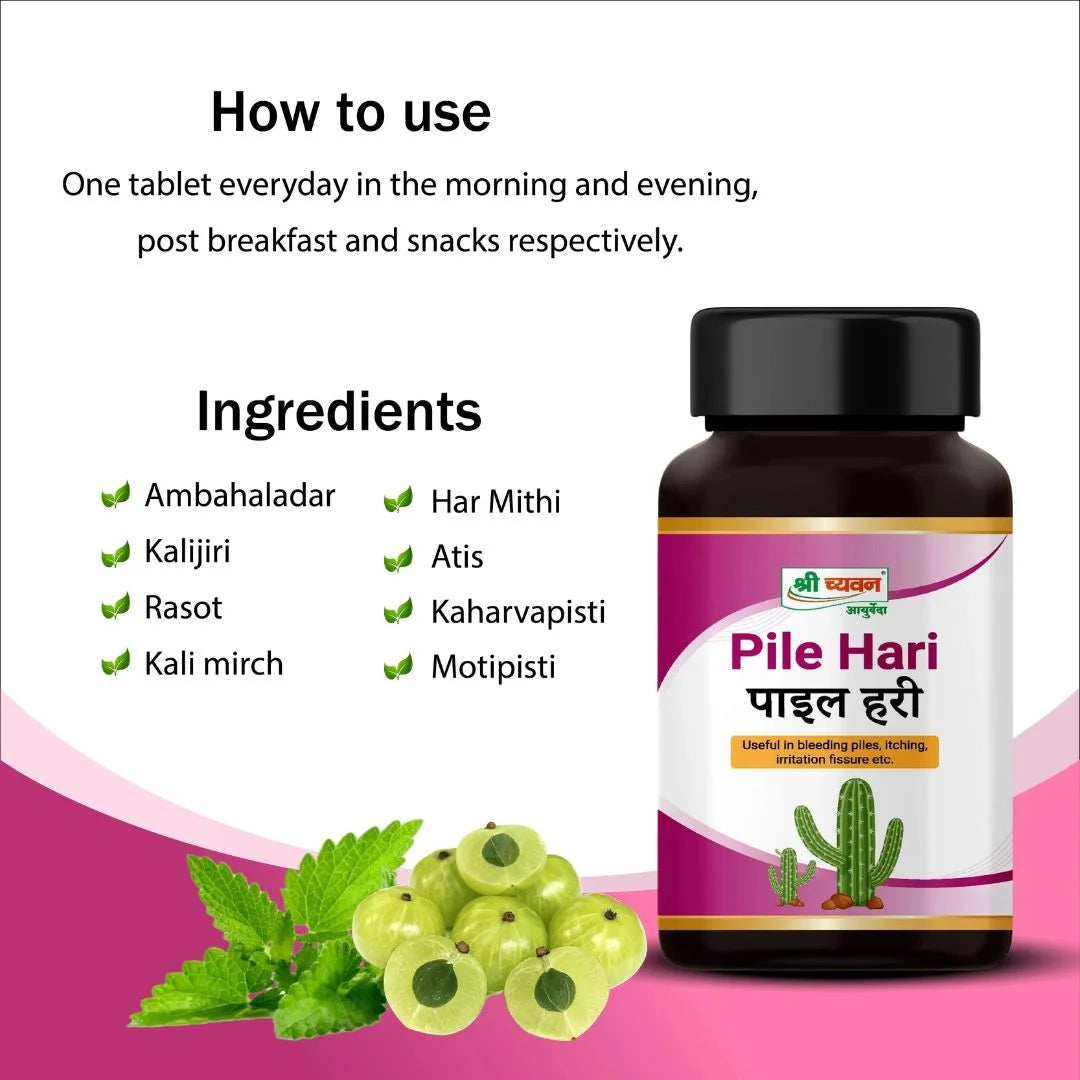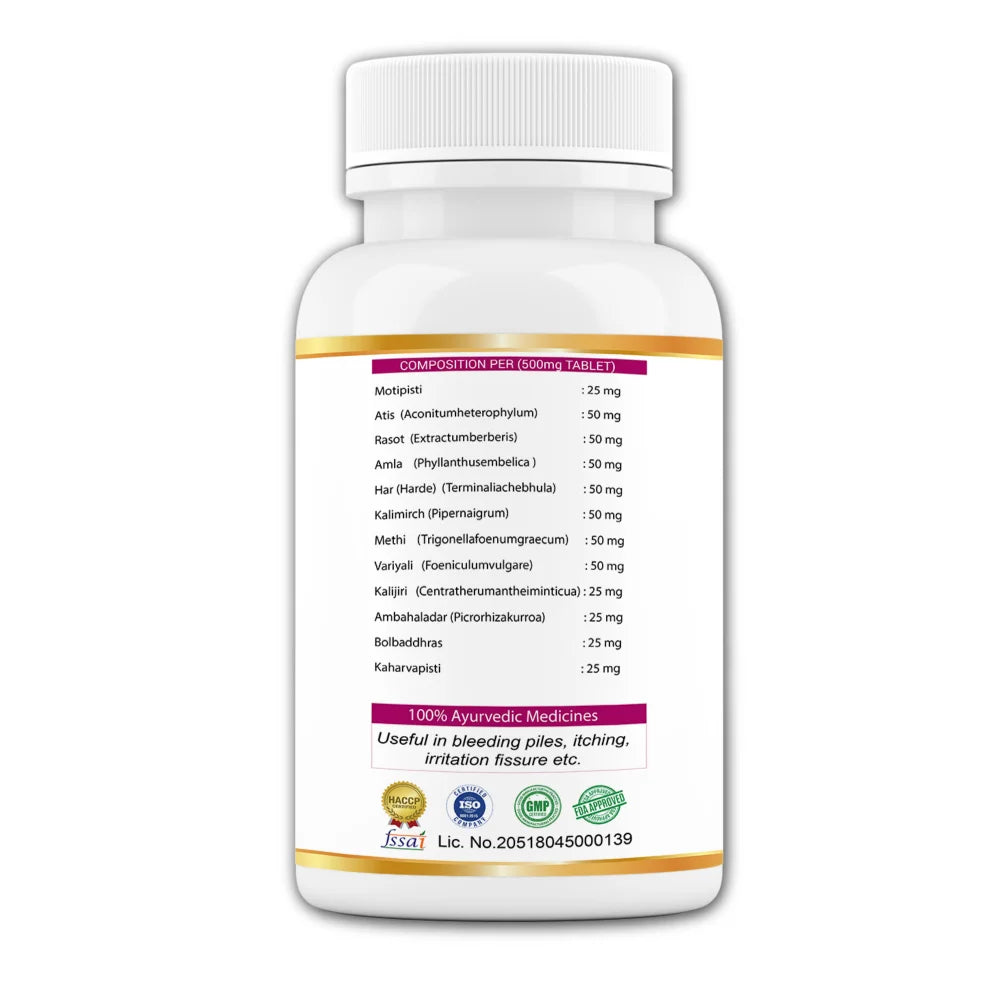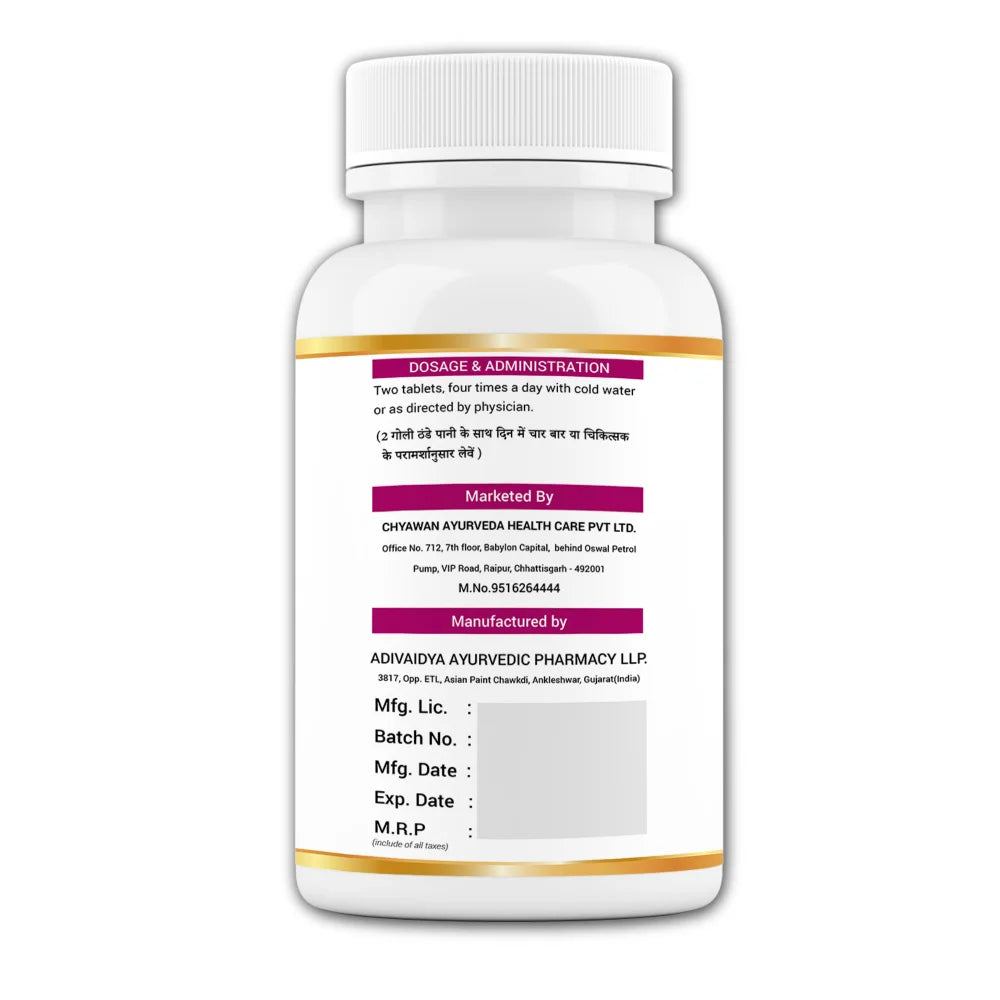Ayurveda views piles as a result of imbalances in the body's doshas, particularly Vata and Pitta. Imbalances in these doshas can lead to poor digestion, constipation, and stagnant blood circulation—all of which are contributing factors to piles. According to Ayurveda, incorporating a holistic approach that addresses dietary habits, lifestyle choices and exercise can help prevent and manage piles.
Piles, also known as haemorrhoids, are swollen veins in the lower part of the rectum or anus. They can develop externally around the anal opening or internally within the rectum. They often result from increased pressure in the rectal area, causing the veins to swell.
Why are youngsters more prone to Piles now-a-days?
Youngsters, despite their age, are increasingly experiencing issues with haemorrhoids (piles) due to various factors inherent in modern lifestyles:
-
Sedentary Habits: Youngsters often engage in prolonged periods of sitting, whether for work or leisure activities like gaming or binge-watching. This sedentary behavior can contribute to poor blood circulation and increased pressure in the anal area, leading to haemorrhoids.
-
Unhealthy Diets: High consumption of processed foods and low intake of fiber-rich foods are common among younger generations. This dietary pattern often leads to constipation, which can strain the veins during bowel movements, furthering the risk of haemorrhoids.
-
Obesity and Weight Issues: Rising obesity rates among younger individuals can increase abdominal pressure, impacting the veins around the rectum and anus, making them more susceptible to haemorrhoids.
- Lack of Awareness and Prevention: Youngsters might not pay attention to preventive measures or early symptoms, assuming haemorrhoids are primarily an older person's problem. Ignoring healthy bowel habits or discomfort in the anal area can exacerbate the condition.
Causes:
-
Lifestyle Changes: Sedentary lifestyles with prolonged sitting, lack of physical activity, and low-fiber diets can lead to constipation and straining during bowel movements, which are risk factors for piles.
-
Dietary Habits: Diets low in fiber and high in processed foods contribute to constipation, making individuals more susceptible to developing haemorrhoids.
-
Obesity: Excess weight can increase abdominal pressure and strain during bowel movements, which can contribute to the development of piles.
-
Age Group: While piles can occur at any age, they are more common in adults between the ages of 45 and 65. As people age, the tissues supporting the veins in the rectal area may weaken, making them more prone to haemorrhoids.
-
Pregnancy: Hormonal changes and increased pressure on the abdomen during pregnancy can lead to the development of piles.
- Genetics: There might be a genetic predisposition to developing piles, where some individuals might have weaker veins or connective tissues in the anal area.
Effects of Piles and rise of other health issues: Understanding the potential health complications associated with piles underscores the importance of seeking timely medication and adopting preventive measures to manage and alleviate these issues effectively.
Anaemia due to Piles:
Anaemia due to haemorrhoids occurs when there's chronic bleeding from the swollen veins in the rectal or anal area. Haemorrhoids can bleed intermittently, especially during bowel movements, and this bleeding might not always be immediately noticeable. However, over time, the loss of blood, even in small amounts, can accumulate and lead to iron deficiency anaemia.
Here's a breakdown of how this process occurs:
-
Chronic Bleeding: Haemorrhoids can bleed due to the rupture of swollen veins, especially during straining or passing stools. The blood loss, while often not copious, can be persistent.
-
Iron Loss: Blood contains iron, an essential component for the production of red blood cells. With continued bleeding from haemorrhoids, the body gradually loses iron.
-
Impact on Red Blood Cells: The constant loss of iron affects the body's ability to produce enough healthy red blood cells. Red blood cells carry oxygen throughout the body. Iron is crucial for their formation, and a deficiency leads to a decreased oxygen-carrying capacity.
-
Symptoms of Anaemia: As the anaemia progresses due to chronic blood loss from haemorrhoids, individuals might experience symptoms such as fatigue, weakness, pale skin, shortness of breath, dizziness, and irregular heartbeat.
-
Diagnostic Process: If anaemia is suspected, a healthcare provider might conduct blood tests to measure haemoglobin levels and assess iron stores to confirm the diagnosis. They may also investigate the underlying cause, which might include checking for bleeding from the gastrointestinal tract, including haemorrhoids.
- Treatment: Treating anaemia due to haemorrhoids involves addressing both the anaemia and the haemorrhoids themselves. This might include iron supplementation to replenish iron stores, dietary changes to increase iron intake, and addressing the haemorrhoids through lifestyle modifications, medications, or, in severe cases, surgical interventions.
Anal fissures due to Piles:
Anal fissures are small tears or cracks in the lining of the anus, often caused by straining during bowel movements. These fissures can be incredibly painful and can lead to discomfort during and after passing stools. The association between haemorrhoids and anal fissures often arises due to similar contributing factors:
-
Straining: When passing hard or large stools, the muscles around the anus can experience significant pressure. Straining, especially common in individuals with haemorrhoids due to pain or difficulty during bowel movements, can lead to the development or worsening of anal fissures.
-
Haemorrhoids ' Presence: Haemorrhoids can cause swelling and irritation around the anal area. When haemorrhoids are present, they can make bowel movements more uncomfortable, leading to increased straining and subsequent risk of fissures.
-
Trauma to the Anal Canal: The tearing or stretching of the delicate lining of the anus due to excessive pressure during bowel movements can create fissures. These fissures might result in bleeding, sharp pain, itching, or burning sensations, particularly during and after passing stools.
-
Chronic Constipation or Diarrhoea: Conditions that lead to chronic constipation or Diarrhoea can contribute to the development of fissures. Constipation might lead to harder stools, requiring more straining, while Diarrhoea can cause irritation and increased frequency of bowel movements, both of which can aggravate fissures.
- Treatment and Prevention: Anal fissures often heal on their own with proper self-care measures, including increased fiber intake, staying hydrated, and using over-the-counter creams to ease discomfort. However, persistent or severe fissures might require medical attention, including prescription medications or in some cases, surgery.
Best Tablet for Piles – Pile Hari
Our ayurveda experts have formulated an effective ayurvedic tablet for piles pain - Pile Hari. It has piles tablet that helps you to get complete relief from Piles and their effects like pain, itching and inflammation.
Pile Hari: It helps to heal inflammations and soothes pain and discomfort. It also has laxative properties that induce peristaltic movements, thus making the process of evacuating of bowels pain-free.
Ingredients: It consists of- Ambahaladar, Kalijiri, Rasot, Kali mirch, Har, Methatis, Kaharvapisti, Motipisti, Amla, Methi, Variyali, Bolbaddhras, Kaharvapisti.

Product Benefits:
-
Effective in treating Piles: Piles Hari is effectively helpful in reducing and providing complete relief from Piles.
-
Constipation: It helps treat constipation.
-
Aids in Stomach Issues: Pile Hari also helps with stomach-related problems like gases, bloating, etc.
-
Reduces Inflammation: It also helps in reducing inflammation caused due to piles and soothes the pain and discomfort.
- Pure and Natural Products: It is made using pure and natural products and does not cause any side effects.
How to use: One Piles Hari tablet every day in the morning and evening, post breakfast and snacks respectively.
In conclusion, Ayurveda has best tablet for piles offering a comprehensive approach to manage piles. Consulting with an experienced Ayurvedic practitioner is crucial to receive personalized guidance and a tailored treatment plan to effectively address piles and promote long-term healing.

